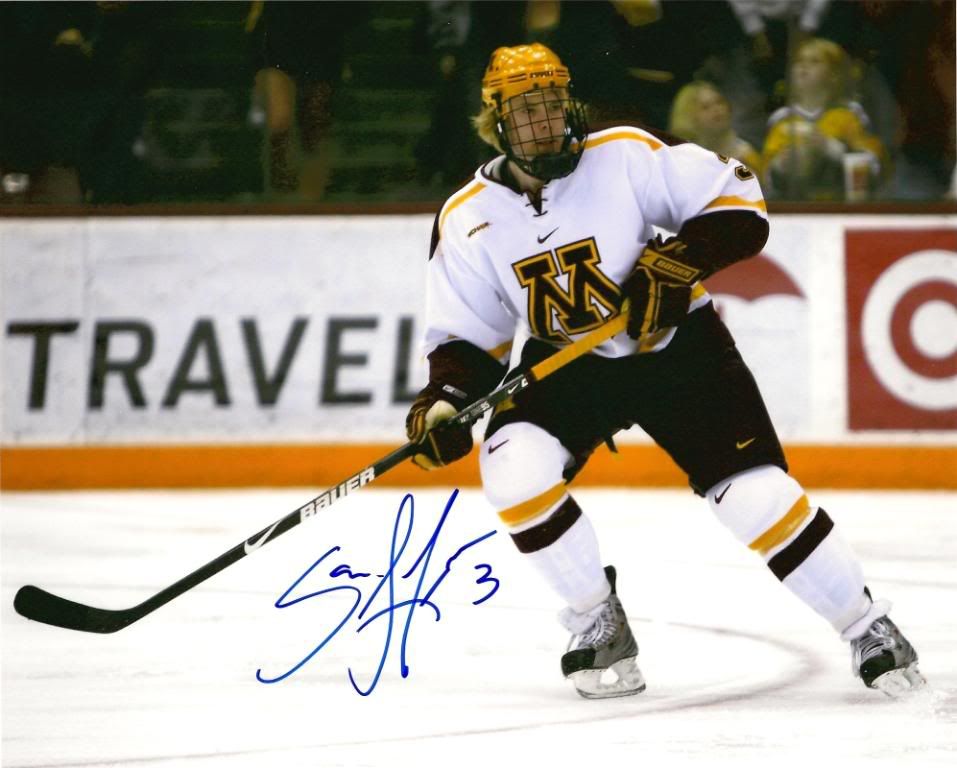Red alert, Canadian Hockey League.
Prepare for battle, CHL czar and Ontario Hockey League commissioner Dave Branch.
Division 1 college hockey in the United States is prepared to fight the Canadian major junior ranks over the puck-chasing souls of elite hockey players.
Former NHL Players’ Association chief Paul Kelly will front a new organization – College Hockey, Inc.– aiming to boost the National Collegiate Athletic Association’s profile and sagging fortunes in the ongoing recruitment war over top-end talent.
“They’ve got a great hire,” said Kitchener’s Bob Turow, who worked extensively with a Division 1 college coaches committee to draw up the plan that Kelly will now oversee.
Kelly is a renowned lawyer who prosecuted infamous agent and players union boss Alan Eagleson for wrongdoing.
Kelly also has the ear of NHL commissioner Gary Bettman and worked closely with NHL brass laying the groundwork for a new collective bargaining agreement before being ambushed at 3 a.m. and sacked by the NHL players on Aug. 30.
Surely, Branch can see the clout Kelly brings the college forces.
“I think it catches his attention right away,” said Turow, a former OHL scout who recently served four years as head of central scouting for the college-friendly United States Hockey League.
“This is a shot across the bow, saying, ‘We’re here!’ ”
The CHL has clobbered the college ranks in the recruitment war in recent years, after Hockey Canada altered its development model five years ago to cut off traditional north of the border supply routes to the NCAA.
Jr. B and Tier 2 hockey have been shackled by a ban on 15-year-old players, a two 16-year-old limit, severe restrictions on U.S. players and other measures.
Essentially, Jr. B and Tier 2 have been closed off to elite players.
College scouts used to recruit those levels heavily. Now, the talent has been redirected to major junior with the 15-year-old draft. Colleges can’t recruit players until 16. By that time, the OHL already has its hooks into those top players and their college eligibility is busted.
Players who skate in a single exhibition game of major junior are considered ineligible for the NCAA, which considers the CHL to be pro hockey because players have agents, sign contracts and get paid.
Players who want to keep their college eligibility often give in to the OHL because they have no decent level of hockey to play while they mature to college age.
The USHL, despite billing itself as an NCAA supplier, doesn’t care to be a haven for younger players.
So there is no sanctuary from the CHL sales blitz and the influence of agents.
As well, Branch has a strong working relationship with the NHL and its general managers. They often feel more comfortable placing top prospects — like Columbus Blue Jackets’ John Moore — in major junior.
Moore was betrothed to Colorado College until Columbus signed him and sent him to the Kitchener Rangers.
Kelly’s influence could alter that imbalance. Time will tell.
Many wonder if Kelly, despite his impressive resume, grasps the predicament college hockey faces.
“If he surrounds himself with the right people, I think it’s a home run,” Turow said of Kelly’s hiring.
Turow, 46, said he didn’t plan to contact Kelly about joining his staff.
He figures Kelly will bring in the people he’s most comfortable with.
Kelly’s obvious skills as a prosecutor and negotiator are important assets. One matter on the to-do list is a renewed player-transfer agreement between USA Hockey and Hockey Canada.
“In the past, it’s been lopsided toward the CHL,” Turow said.
Turow has been involved with college hockey for 16 years through the running of his Prospects showcase tournaments on both sides of the border.
With the NHL recently handing USA Hockey $8 million in annual funding to divvy up south of the border — matching the annual support money it has long given Hockey Canada — there is a chunk earmarked to fund College Hockey, Inc.
Sources say it’s about $600,000 a year.
Meanwhile, Turow believes Kelly gives the colleges a formidable general and a fighting chance.
“He brings name recognition. He’s a high-profile guy.”








